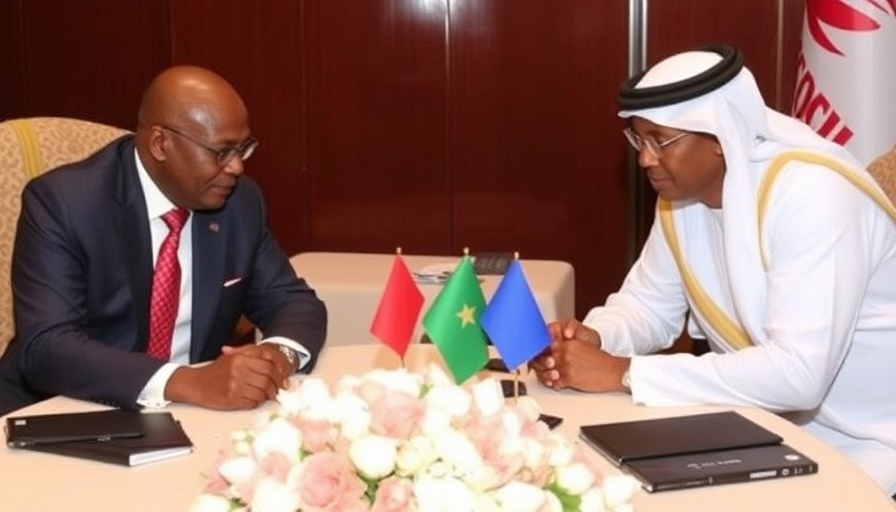
Unexpected Diplomatic Moves in Africa
The recent meeting between Democratic Republic of Congo (DRC) President Félix Tshisekedi and Rwandan President Paul Kagame in Qatar has generated significant surprise, particularly from Angola, which acts as a mediator in ongoing conflicts in the region. The meeting took place on March 18, 2025, coinciding with a planned delegation from the DRC to negotiate with M23 rebels in Luanda, a move that adds layers of complexity to an already tense political environment.
Angola's Response and Stance
Angola's Foreign Minister Téte António expressed astonishment at the unanticipated diplomatic gathering, highlighting that it was not on the official agenda for the DRC's peace initiatives. This unexpected summit raises questions about the nature of Afghan peace mediation as well as the effectiveness of external involvement in conflict resolution. Angola's last-minute challenge during the negotiations, citing 'force majeure' due to the M23 rebels' withdrawal, coupled with its insistence on African solutions to African problems, underscores its commitment to take the lead in regional diplomacy.
The Role of Qatar in African Relations
The Emir of Qatar's decision to host Tshisekedi and Kagame reveals a growing interest from Middle Eastern nations in influencing African politics. Qatar's diplomatic investments speak volumes about the shifting dynamics of global power, where non-African nations are seeking partnerships in Africa, particularly concerning peace and stability. This move not only emphasizes Qatar's ambitions on the African stage but also possibly hints at its broader geopolitical strategies.
Future Implications for African Governance
While the embrace of dialogue between Tshisekedi and Kagame is a positive step towards conflict resolution, skepticism lingers regarding the effectiveness of external mediation. The outcomes of such meetings could have long-term impacts on governance, economic collaboration, and regional stability in not just Congo, but across Africa. The interventions of external parties like Qatar necessitate a robust framework that ensures that African nations retain agency in their diplomatic pursuits.
Recommendations for Policymakers
For policymakers monitoring these developments, it is imperative to analyze the shifting patterns of alliances and diplomatic engagements in Africa. Future diplomatic strategies should prioritize homegrown solutions that empower local governance structures, ensuring that interventions are not undermining the sovereignty of African nations. It is crucial to foster cooperation that respects the regional dynamics at play.
In summary, the surprising meeting in Qatar between Tshisekedi and Kagame offers fresh perspectives on Africa's evolving diplomatic landscape. As the global community watches carefully, the underlying themes of agency, sovereignty, and regional collaboration will be vital for the future of peace and development in Africa. Keep an eye on these developments as the interplay of geopolitics and local governance continues to shape the African narrative.
 Add Row
Add Row  Add
Add 


Write A Comment